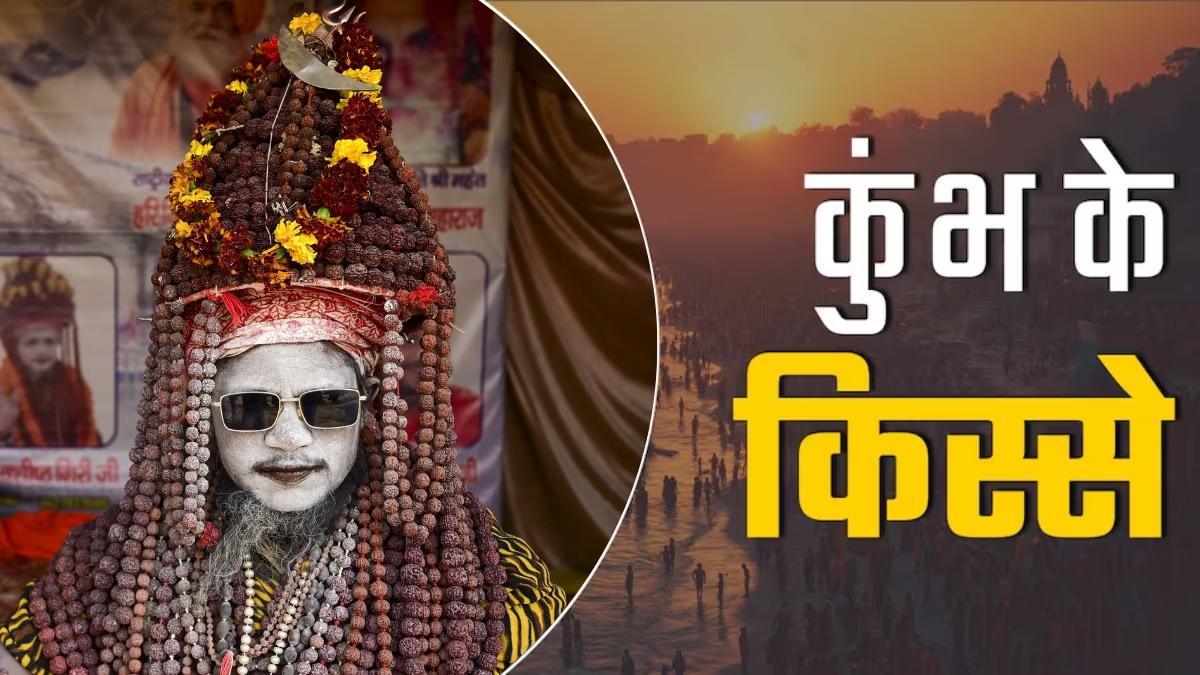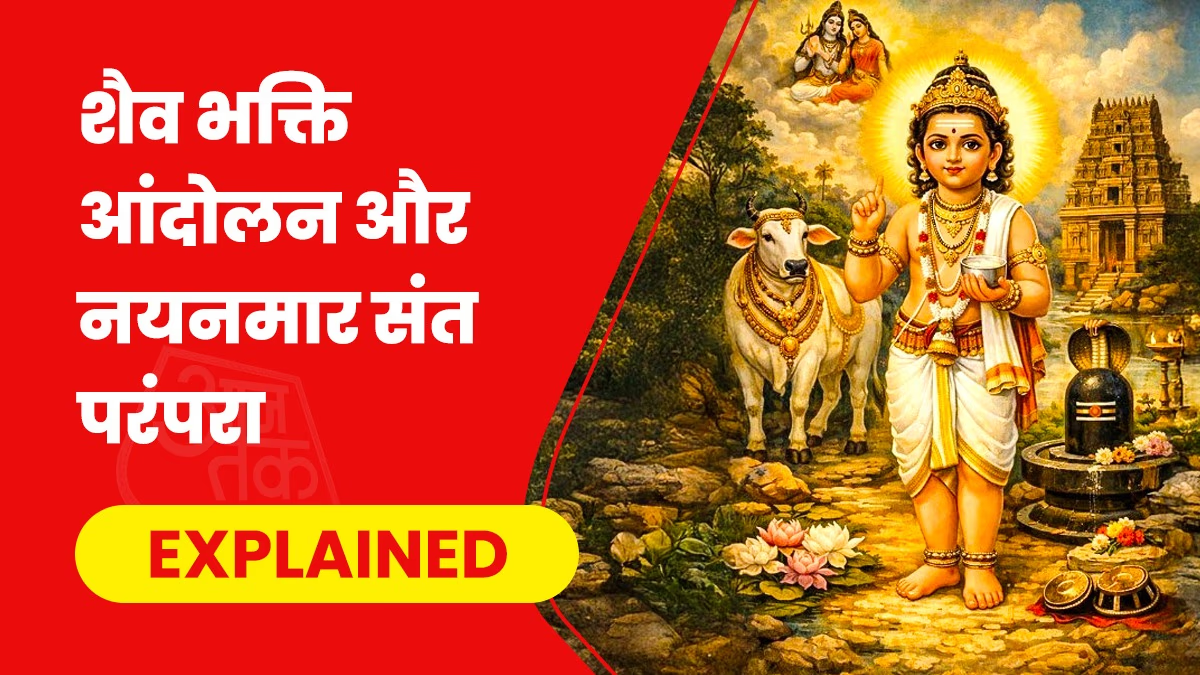Up until the 18th century, the Akharas were responsible for managing the Kumbh Mela. They controlled royal baths, religious rituals, devotional singing, and related organizational aspects. They even handled policing, administration, and tax collection.
During the pre-independence era, India was in the grip of colonial rule. The British Raj governed the land. Even though modern conveniences were lacking, the congregation of devotees was so immense that British authorities were in awe.
When Clashes Turned into Conflict
In the 18th century, tensions occasionally broke out among people from various sects who came for the holy bath. At times, these confrontations escalated into full-blown battles. The Persian writer Chatar Man Kayath's book, 'Chahar Gulshan,' chronicles such occurrences with mention of the Kumbh.
Read more: When Mahatma Gandhi Secretly Attended Prayagraj Kumbh and Bathed at the Sangam
A Dispute Over the First Bath
Author Chatar Man documented an event from the 1760 Kumbh in Haridwar where Naga Sadhus and Vairagi Monks engaged in a fierce skirmish. Hundreds of Vairagi Monks lost their lives in this conflict over who would take the first holy dip. Such incidents led to the establishment of separate camps in the Kumbh.
Read more: Bombs on the Japanese Kumbh Crowds..., A Rumor Spread by the British That Couldn't Deter Millions
Skirmish with Udasee Monks
Chatar Man's book also mentions an 1796 incident at the Kumbh in Haridwar. Naga Sadhus attacked Udasee Monks, accusing them of unauthorized camp construction. In retaliation, Udasee Monks, aided by the Khalsa Sikhs, fought back, resulting in the death of many Naga Sadhus. Growing frustrated by such violence, the British curtailed the administrative powers of the Akharas.
Why is Kumbh Organized?
The roots of the Kumbh Mela lie in a mythical tale. According to legend, the churn of the ocean yielded the nectar of immortality. Drops of this nectar fell at four riverbank locations, thus establishing the sites where the Kumbh is held. This myth is detailed in the Vishnu Purana, Kurma Purana, Skanda Purana, Bhagavata Purana, and Brahma Vaivarta Purana.




